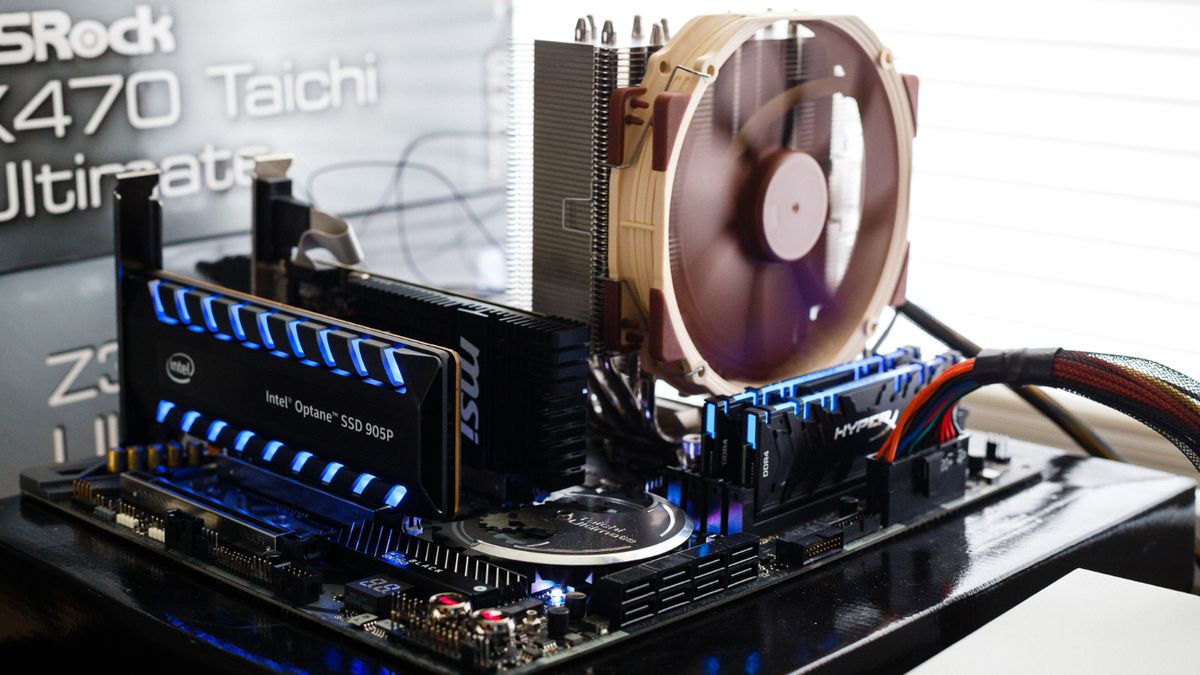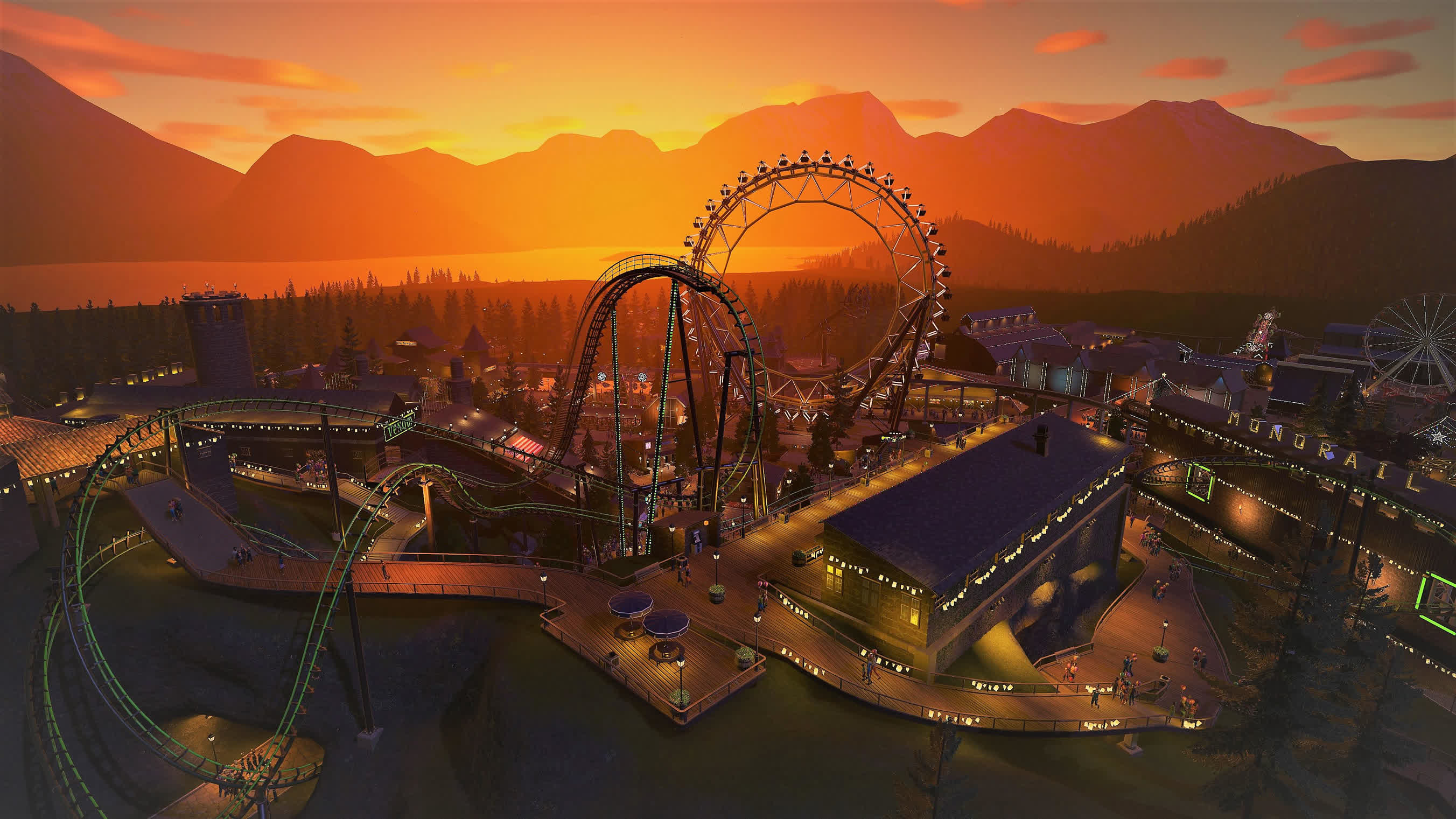- Joined
- Mar 7, 2008
- Thread Starter
- #21
It depends on how you measure it. Zen 2 is about on par architecturally, and Zen 3 is a minor update on that. Late AM4's only minor advantage is higher single/low thread performance mainly from higher clocks, but is a big downgrade in every other way. I will not replace my old, end of life platform for a worse old, end of life platform. Even the 5800X3D is clearly beaten in gaming by ordinary current gen CPUs.Even a 6 or 8 core AM4 part would blow that old thing out of the water. I was impressed with Zen 2 let alone Zen 3.
I personally wouldn't consider 6 cores for a main system, nor recommend it to anyone unless they literally have no money. Even 8 cores is the minimum which is why 7800X3D is giving me mild concerns, but I don't want to deal with the multiple CCX nonsense from higher AMD models. I hope AMD can get a CCX to 12 or 16 cores in a generation or two.
Zen 4 is starting to get interesting again, which is why I was looking at the 7800X3D. Ram performance is no longer a downgrade but a sidegrade. Doesn't really improve on what I have but at least it isn't a big step back. It also supports best in consumer class AVX-512, so it is at least vaguely comparable to my current system. This is the main reason I leaned towards Zen 4 over Whatever Lake, since Intel doesn't have AVX-512 support currently in consumer tier offerings. The cache is a nice bonus.Now that Zen 4 is here and doing alright, I do not feel properly motivated to upgrade yet. I do have a Strix B660-i that I can use for an Intel build.. but damn 200w just to play a game is intense.
Combine the above, this is why my original plan was to see what the late 2024+ offerings from both sides will be before upgrading. Zen 5 should be interesting in general, and we will have the true next gen desktop offering from Intel.
You've given me the biggest reason yet not to choose MSI.The reason why I don't recommend MSI is because their BIOS team since the last 2 generations only releases what is necessary. They don't improve anything above the minimum (read, so it won't crash).
I'm kinda surprised my low end Asus X299 is still getting updates. Mainstream boards that are newer than that have stopped long ago.Most brands care mainly about their top motherboards. Everything cheaper is skipped in BIOS tweaking and additional improvements. The same is for every brand.
It might sound like confirmation bias but that range could be my next one, when I get around to it.The cheapest mobos that feel high-end and actually work not much worse (or even better) are ASUS Strix. They also have good BIOS and additional options, voltages, and everything else that you can play with, and won't limit manual settings.



